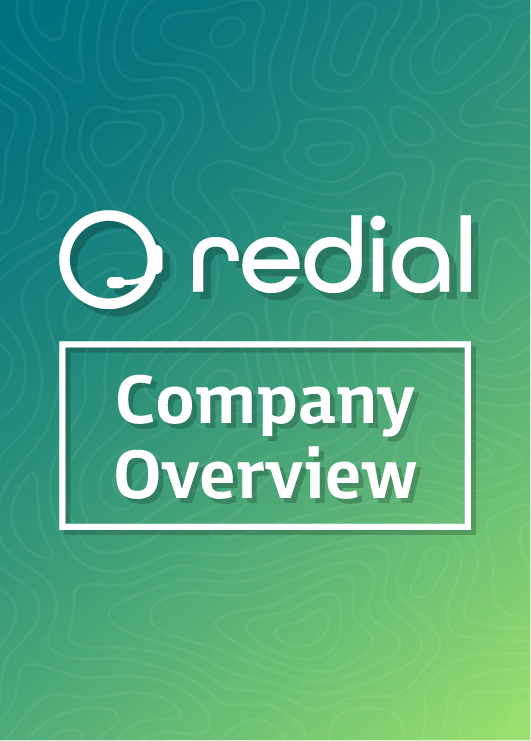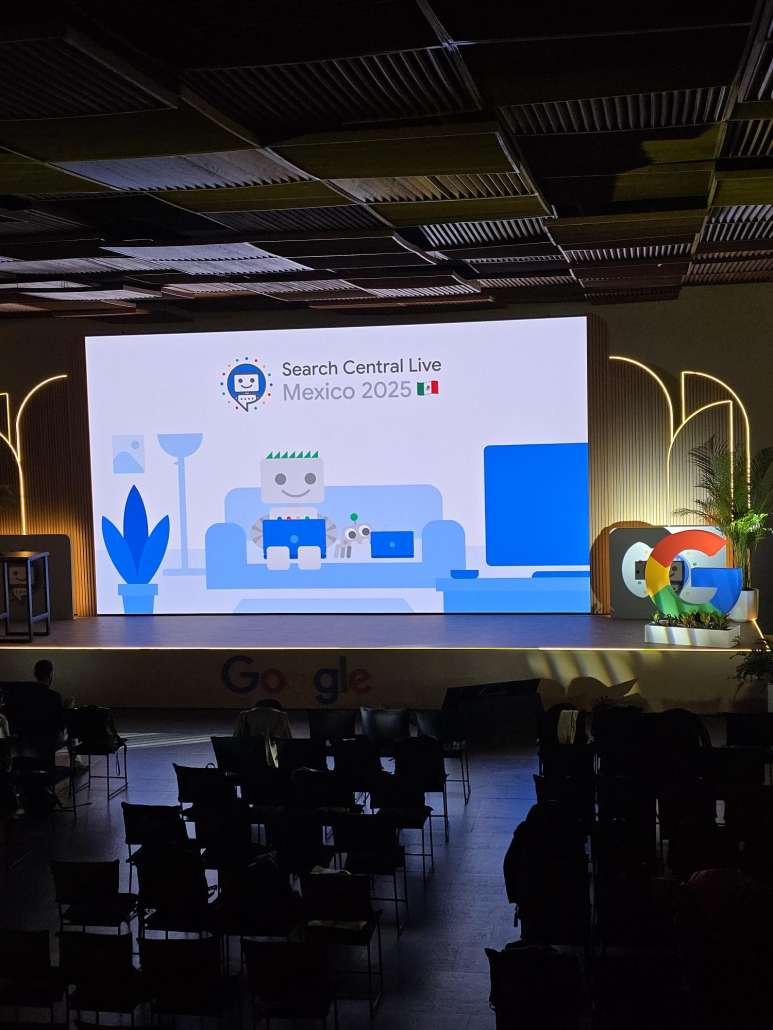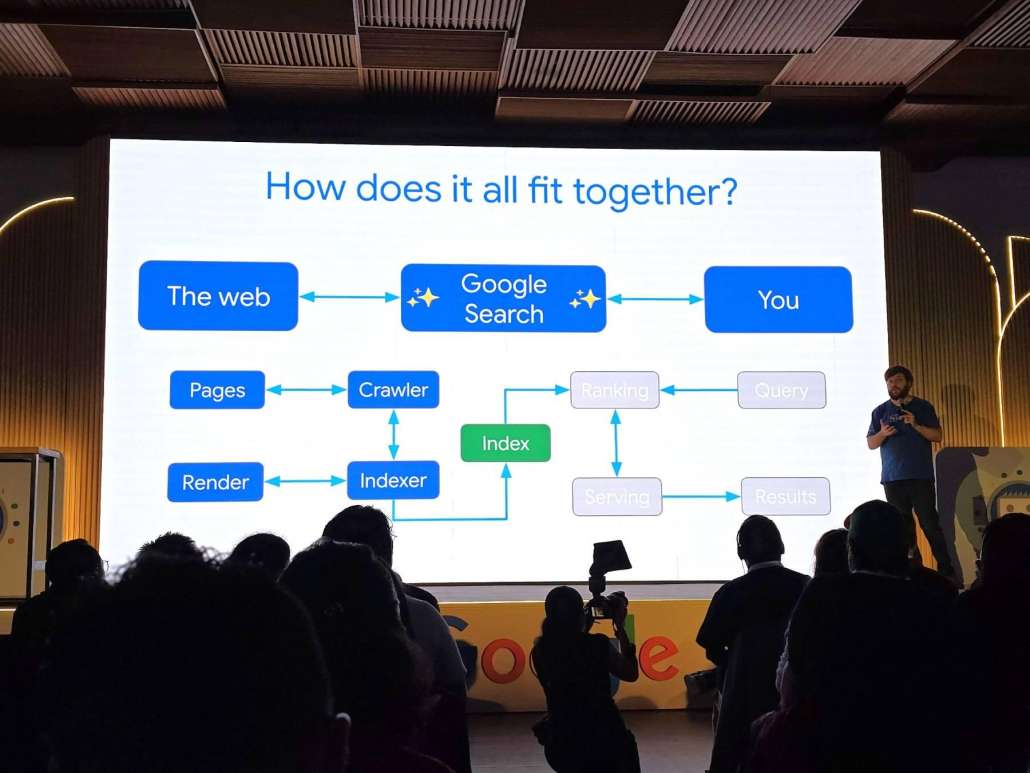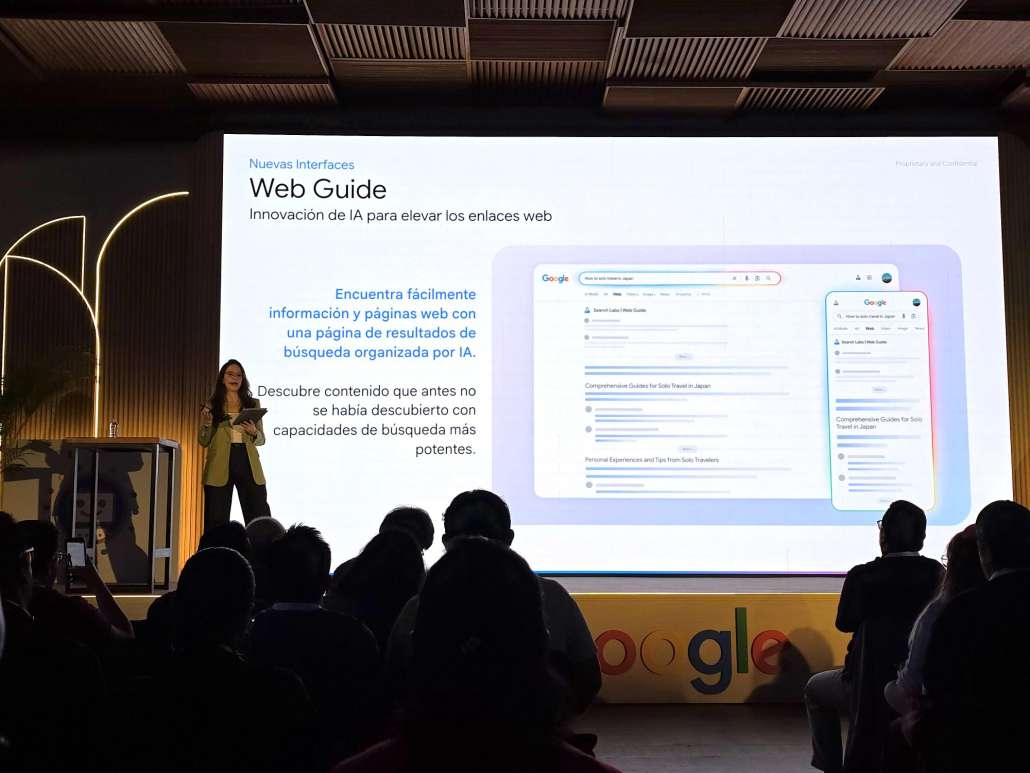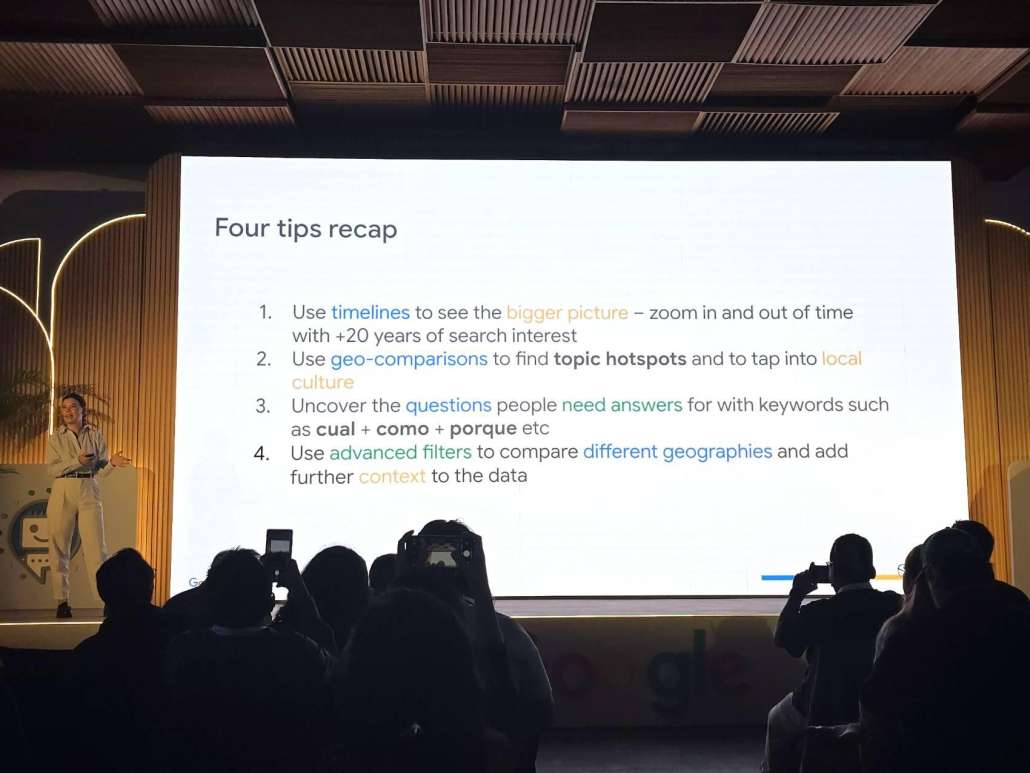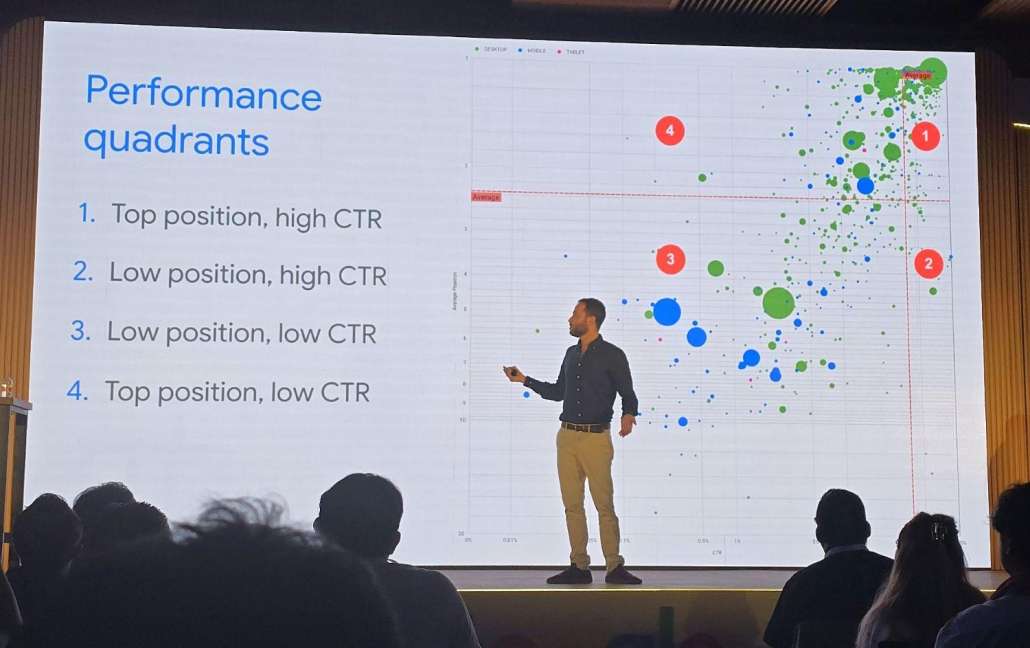Benefits of Having a BPO Call Center Multilingual Partner
In today’s interconnected business landscape, I’ve witnessed firsthand how language barriers can make or break customer relationships. As someone who’s spent years building bridges between businesses and their diverse customer bases, I can confidently say that partnering with a multilingual partner isn’t just a competitive advantage: it’s becoming a necessity. At Redial BPO, we’ve helped countless companies transform their customer service operations by breaking down linguistic barriers and creating authentic connections across cultures. Let me share with you why having a multilingual partner for your call center operations can be one of the most strategic decisions you’ll make for your business.
Table of Contents: Benefits of Having a BPO Call Center Multilingual Partner
- Expanding Your Global Market Reach with a Multilingual Partner
- Enhancing Customer Satisfaction and Loyalty
- Achieving Cost Efficiency and Operational Scalability
- Gaining Competitive Advantage Through Cultural Intelligence
- Conclusion: Ready for a Call Center Multilingual Partner?
- Ready to Transform Your Customer Service with Multilingual Support?
- FAQ: Benefits of Having a BPO Call Center Multilingual Partner
- 1. What languages should my multilingual partner support?
- 2. How does a multilingual partner maintain quality across different languages?
- 3. Can a multilingual partner integrate with our existing systems?
- 4. How quickly can we implement multilingual support?
- 5. What's the difference between a translation service and a multilingual BPO partner?
Expanding Your Global Market Reach with a Multilingual Partner
When I think about market expansion, I’m reminded of the countless opportunities businesses miss simply because they can’t communicate effectively with potential customers. A multilingual partner opens doors to markets that would otherwise remain inaccessible. By offering customer support in multiple languages, you’re not just translating words, you’re translating your brand promise into experiences that resonate with diverse audiences worldwide.
I’ve seen companies double and even triple their market penetration within months of implementing multilingual support. The reason is simple: customers prefer doing business in their native language. When you partner with a BPO that offers multilingual BPO services, you’re essentially multiplying your sales channels without the overhead of establishing physical presence in multiple countries. Whether you’re considering nearshore call center services in Latin America or offshore call center services in Africa or Asia, this approach allows you to test new markets with minimal risk while maintaining consistent service quality.
What excites me most is how a multilingual partner enables you to compete with local businesses on their own turf. Your international customers receive the same level of personalized attention as your domestic ones, creating a seamless brand experience that builds trust and loyalty across borders. This global-local approach is what separates thriving international businesses from those that struggle to gain traction in foreign markets.
Enhancing Customer Satisfaction and Loyalty
Throughout my career, I’ve learned that customer satisfaction isn’t just about solving problems—it’s about making customers feel heard, understood, and valued. When customers can communicate in their preferred language, the entire dynamic changes. I’ve watched frustration melt away and trust build instantly when a customer realizes they can express their concerns in their mother tongue without struggling to find the right words in a second language.
The data speaks volumes here. Research consistently shows that customers are significantly more loyal to businesses that provide support in their native language. In my experience at Redial BPO, we’ve seen customer retention rates increase by remarkable margins when multilingual support is introduced. This isn’t surprising—when people feel comfortable communicating, they’re more likely to share detailed feedback, ask questions, and engage more deeply with your brand.
Beyond the numbers, there’s something profoundly human about being understood in your own language. A multilingual partner doesn’t just translate words; they convey empathy, cultural understanding, and genuine care. This emotional connection transforms transactional customer service interactions into relationship-building moments that create brand advocates. I’ve received countless testimonials from clients whose customers specifically praised the multilingual support, citing it as a key reason for their continued loyalty.

Achieving Cost Efficiency and Operational Scalability
One of the most compelling aspects of partnering with a multilingual BPO is the financial sense it makes. I often explain to prospective clients that building an in-house multilingual team is exponentially more expensive and complex than outsourcing to a specialized partner. If you’re wondering what is BPO and how it can help, it’s essentially the strategy of contracting specialized service providers to handle business functions more efficiently. The costs of recruiting, training, managing, and retaining multilingual staff across different time zones can quickly become prohibitive, especially for small to medium-sized businesses.
With a multilingual partner like Redial BPO, you gain access to established teams of language experts who are already trained and ready to represent your brand. This eliminates the lengthy ramp-up time and ongoing training expenses associated with building internal capabilities. Additionally, you avoid the infrastructure costs of setting up multilingual operations, from specialized software to workspace requirements for different language teams.
Scalability is another game-changer I’m passionate about. Business demands fluctuate—holiday seasons, product launches, and market expansions all create volume spikes. A multilingual partner provides the flexibility to scale up or down quickly without the commitment of permanent hires. I’ve helped clients seamlessly expand from supporting three languages to ten within weeks, something that would take months or years to accomplish internally. This agility allows you to respond to market opportunities rapidly while maintaining tight control over your operational costs.
Gaining Competitive Advantage Through Cultural Intelligence
In my role, I’ve come to appreciate that language proficiency alone isn’t enough, cultural intelligence is what truly sets exceptional multilingual service apart. A sophisticated multilingual partner brings deep cultural understanding that prevents costly misunderstandings and builds authentic connections with customers from different backgrounds. This cultural fluency means understanding context, nuance, communication styles, and expectations that vary significantly across cultures.
I’m constantly amazed by how cultural awareness transforms customer interactions. The way you open a conversation, express empathy, handle complaints, or even use humor varies dramatically across cultures. A multilingual partner with strong cultural intelligence ensures your brand message is culturally adapted, not just linguistically translated. This attention to cultural detail demonstrates respect and sophistication that customers recognize and appreciate, setting you apart from competitors who take a one-size-fits-all approach.
Moreover, partnering with a multilingual BPO gives you access to global talent pools with diverse perspectives and insights. These professionals understand local market dynamics, consumer behaviors, and cultural trends in ways that can inform your broader business strategy. I’ve facilitated numerous strategy sessions where insights from multilingual teams have led to product modifications, marketing adjustments, and service improvements that significantly enhanced market performance. This strategic value extends far beyond customer service—it becomes a source of competitive intelligence that drives business growth.
Conclusion: Ready for a Call Center Multilingual Partner?
Having worked extensively in this space, I can tell you that partnering with a multilingual call center BPO is no longer a luxury, it’s a strategic imperative for businesses serious about global growth and customer satisfaction. The benefits extend far beyond simple language translation; you’re gaining market access, building deeper customer relationships, achieving operational efficiency, and securing competitive advantages that drive real business results.
Throughout this article, I’ve shared insights from years of experience helping companies transform their customer service operations. From expanding into new markets to building lasting customer loyalty, from achieving cost efficiency to gaining cultural intelligence, a multilingual partner delivers value at every level of your organization. The question isn’t whether you need multilingual support; it’s whether you can afford to operate without it in today’s global marketplace.
At Redial BPO, we’re passionate about helping businesses break through language barriers and unlock their full global potential. Whether you’re exploring BPO services for the first time or looking to optimize existing multilingual operations, the right multilingual partner makes all the difference. We understand that every business has unique needs, and we’re committed to creating customized solutions that align with your goals, budget, and growth trajectory.
Ready to Transform Your Customer Service with Multilingual Support?
I invite you to take the next step in your global customer service journey. At Redial BPO, we’ve built our reputation on delivering exceptional multilingual call center solutions that drive real business results. Our team of language experts, cultural specialists, and customer service professionals is ready to become an extension of your brand.
Here’s what you can expect when you partner with us:
- Comprehensive language coverage across English, Spanish, French, Portuguese, and more.
- Seamless integration with your existing systems and processes.
- Rapid deployment with dedicated project management support.
- 24/7 multilingual support across multiple time zones.
- Cultural intelligence that goes beyond translation.
Don’t let language barriers limit your business potential. Let’s have a conversation about your specific needs and how we can help you create exceptional customer experiences across languages and cultures. Your global customers are waiting: Let’s connect them with the service they deserve.
Contact Redial BPO today to schedule a consultation and discover how our multilingual call center solutions can transform your customer service operations. Visit our blog at redialbpo.com/blog for more insights on customer service excellence and BPO best practices.
Let’s start building bridges across languages together. Reach out now and experience the Redial BPO difference.
FAQ: Benefits of Having a BPO Call Center Multilingual Partner
1. What languages should my multilingual partner support?
The languages your multilingual partner should support depend on your target markets and customer demographics. I recommend analyzing where your customers are located and where your growth opportunities lie. For most North American businesses, Spanish is essential. Consider French for Canadian markets, Portuguese for Brazilian expansion, English, German, French for European markets, and Asian languages like Mandarin if targeting those regions. At Redial BPO, we help you make strategic decisions based on your current customer base and business goals.
2. How does a multilingual partner maintain quality across different languages?
Quality consistency requires systematic approaches beyond simple translation. At Redial BPO, we maintain quality through rigorous selection, continuous training, and comprehensive quality assurance protocols. Every agent undergoes language proficiency testing, cultural competency training, and brand-specific education. We use native speakers for quality assurance and leverage specialized tools to maintain consistency, ensuring exceptional service in every language.
3. Can a multilingual partner integrate with our existing systems?
Absolutely. Modern multilingual BPO partners like Redial BPO integrate seamlessly with virtually any CRM, helpdesk, or communication platform you’re using, from Salesforce and Zendesk to custom-built systems. We adapt to your existing infrastructure rather than forcing you to change your technology stack. This ensures continuity while adding multilingual capabilities with minimal disruption to your operations.
4. How quickly can we implement multilingual support?
Implementation timelines vary, but for straightforward projects we can launch multilingual support in two to four weeks. More complex implementations involving multiple languages or specialized industry knowledge might take six to eight weeks. Key factors include the number of languages, training materials, and integration requirements. At Redial BPO, we use parallel workstreams to accelerate deployment while ensuring quality setup.
5. What’s the difference between a translation service and a multilingual BPO partner?
Translation services convert text from one language to another for documents and marketing materials. A multilingual partner like Redial BPO provides comprehensive customer interaction services: We engage, problem-solve, and build relationships in real-time conversations. Our teams deeply understand your products, policies, and brand voice, handling complex scenarios while navigating cultural nuances. We become an extension of your team, not just a language resource.

I’m the VP of Client Services at Redial BPO. I’m passionate about CX, building strong client relationships, and blending tech with human talent to deliver top-tier service across industries.


